These individuals begin to cluster together and create a trail family, or tramily. They operate in a manner that a true family would not, yet the ties they create are enduring.
Tramily
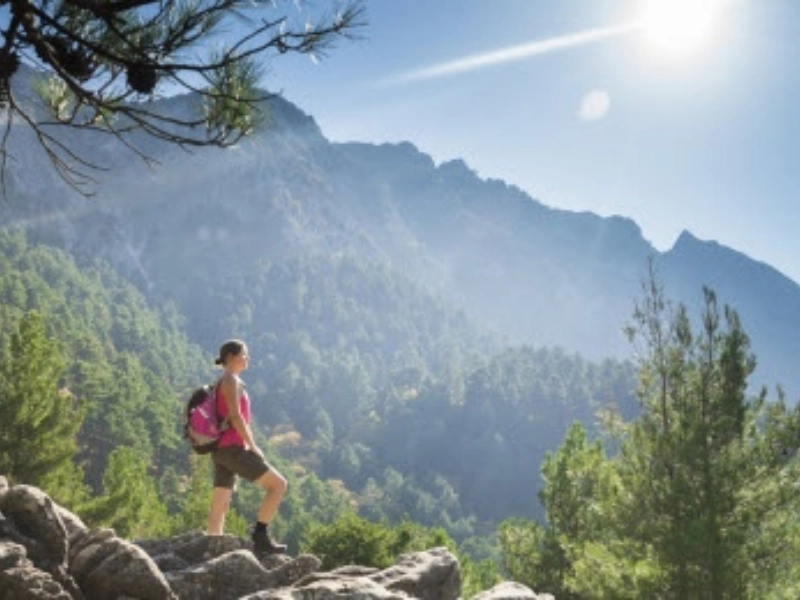
A tramily is a group of hikers who, via long-distance hiking, bond to form a close-knit family. They typically camp and town together and hike at a similar pace. Sometimes, over a span of days or regions, they will even outpace one another.
The offensive odour known as "hiker funk" is brought on by a mixture of heavy perspiration, sparing laundry, and sporadic showers. A thru-hiker's morale can be seriously affected by the smell.
A dense concentration of hikers along a particular path segment is known as "The Bubble." Tramilies typically try to stay out of the bubble.
There is a difficult, unmarked section of the trail called "bushwhacking," when hikers must use a bushsaw to cut through thick foliage and other obstacles. It's an exhausting, potentially hazardous, and hard slog. A hiker who suddenly loses strength, energy, and motivation is said to be bonking. It commonly happens after they haven't had any water for a while or when their blood sugar levels fall.
herd
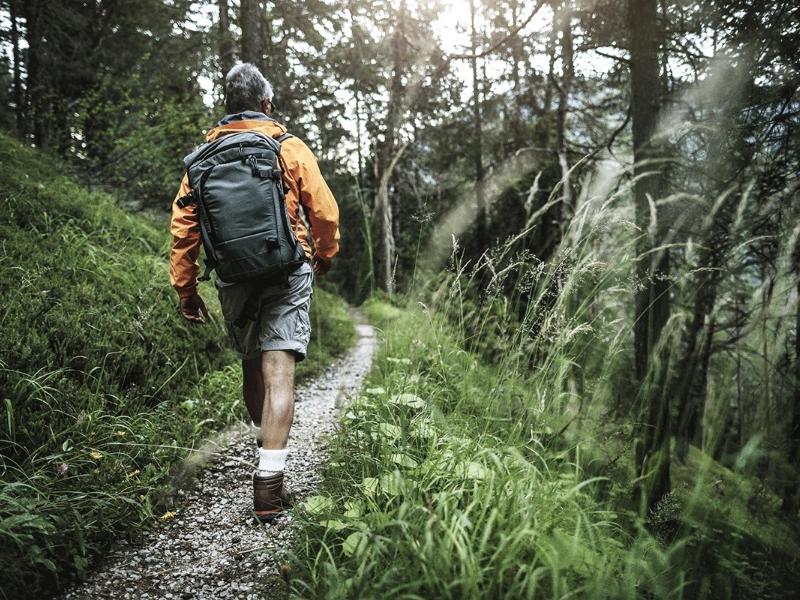
A group that frequently acts in unison without conscious planning is known as a herd. Hikers get to know one another as they camp, prepare meals, and tell tales of their own adventures. This is what happens when people have the common experience of walking the trail.
Some of these tales are so well-written that they end up in trail lore. For instance, a group of hikers may camp together at a town or shelter and stay up late chatting and having fun. They may then observe a pattern in their behaviour when trekking early in the morning; despite their lack of organisation, they appear to be following one another.
Other trail mythology expressions are "heroing," which refers to passing through towns quickly and on time without spending the night. Another word for this practice is "flip-flopping," in which thru-hikers abandon part of the path owing to unfavourable weather and return later to finish it.
Assemble a pack.
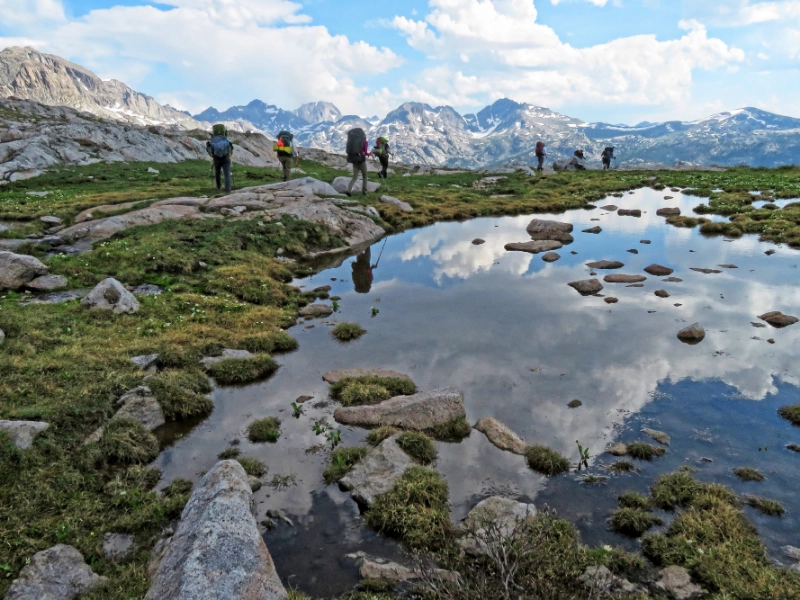
a party of hikers who congregate at a trail town, camp site, or shelter at night after hiking together during the day. While some hikers form their tramily as they go along and then break up at the end of their journey, others maintain the same tramily from start to finish.
The alphas and omegas (male and female) rule the pack. The loss of one of these leaders can have a cascading effect on the entire pack since they are the ones who keep it together.
A hiker who counts every ounce and carries ultralight trekking gear is called an ounce weenie. It can also be used as a derogatory term for opportunistic hikers who take advantage of kindness in small towns and don't bother to maintain personal hygiene.
The feeling of sweat in one's rear end after hiking long miles is called swamp ass. It is brought on by sweat seeping into one's slacks or pants and trickling down the back of the pack. Hiking early in the morning, before the weather becomes too warm, is the best way to avoid swamp ass.
companions
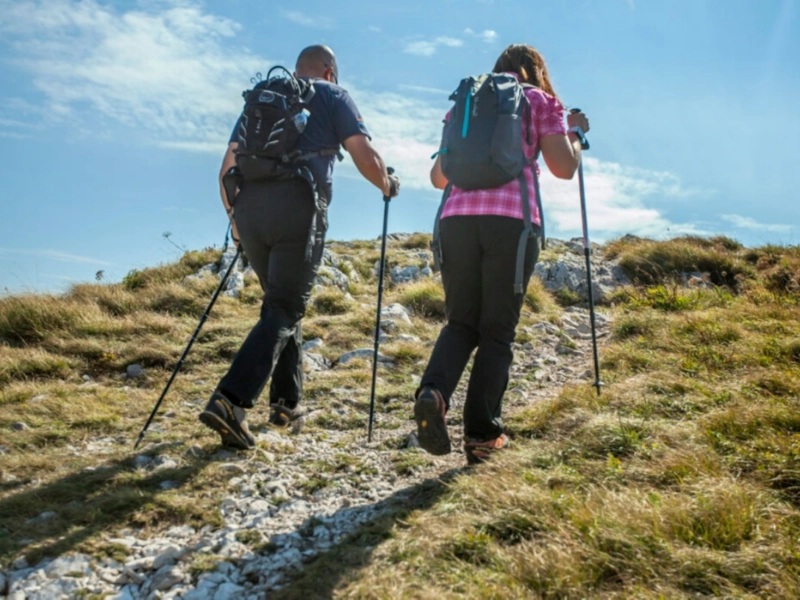
A cairn is an artificial mound or stack of stones used as way markers. Cairns can be used by hikers to find their campsite or the next water source.
When on trail, thru-hikers frequently forgo social norms like washing, deodorising, and shaving, which can leave them looking dishevelled and like vagrants or homeless people when they halt in towns. This is known as "dirtbag" or "hiker trash." It's a playful word used with fondness.
After a lengthy hike, hikers may feel cut off from the outside world because everything moves too quickly for them when they get back to their homes and family. Additionally, because their long-distance hiking lifestyle has altered who they are, they may feel as though they no longer belong in their previous lives. This is known as "hiker syndrome" at times. Spending time with tramily, a hiking-related family or community, can help overcome the symptoms of hiker syndrome. People who go above and beyond to assist thru-hikers by giving them food, shelter, a lift into town, or a place to stay are known as Trail Angels. In arid regions, they are also renowned for keeping up official trail water caches.
Advertisement
Recommended Reading: The World's Top 5 Most Gorgeous Beaches
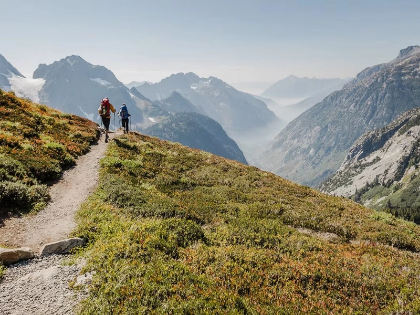
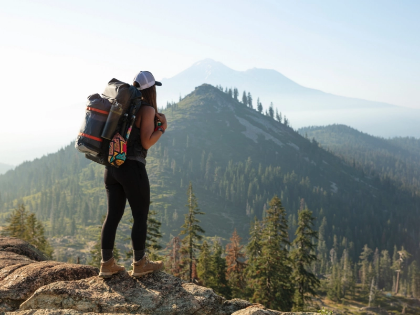
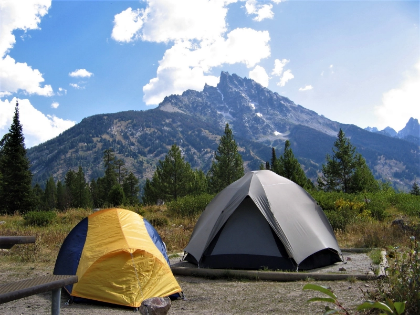
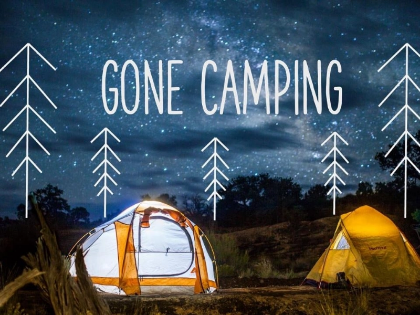
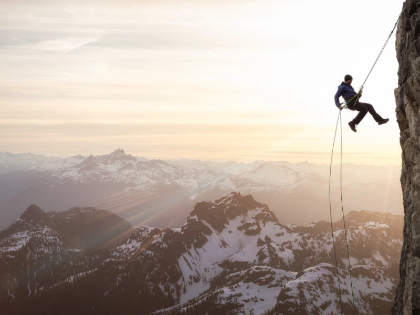

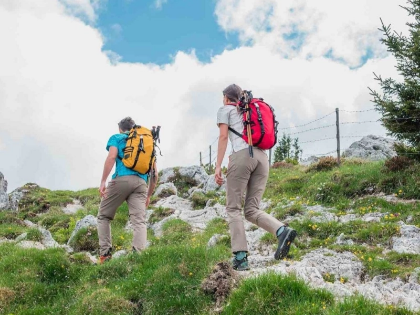
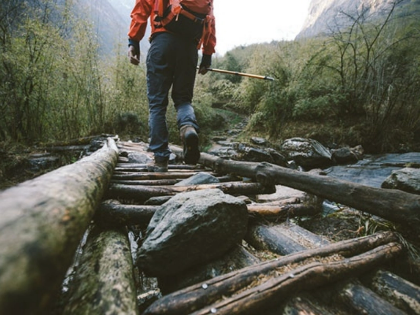
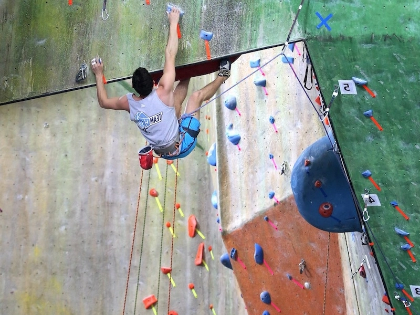
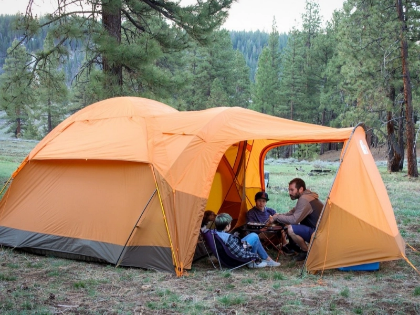

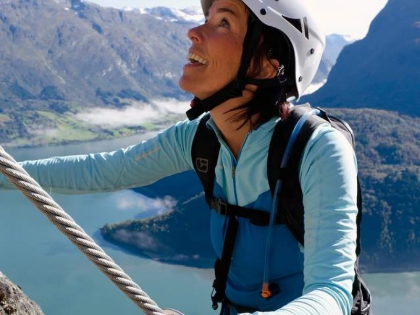

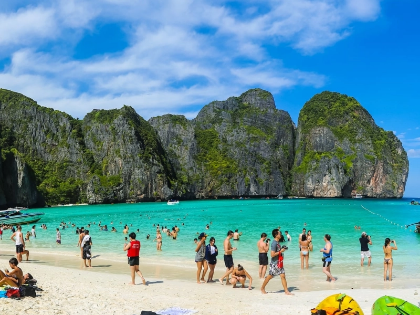
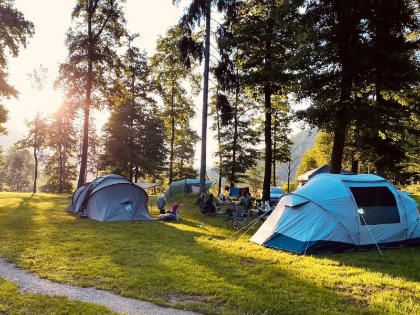

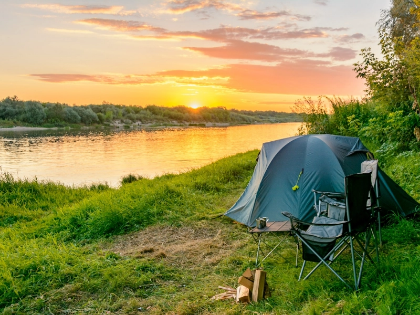
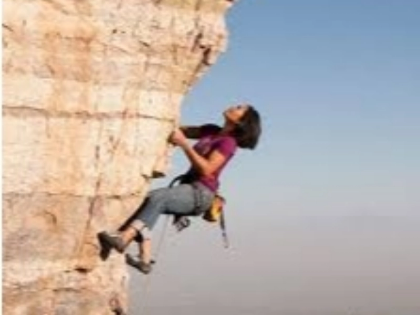
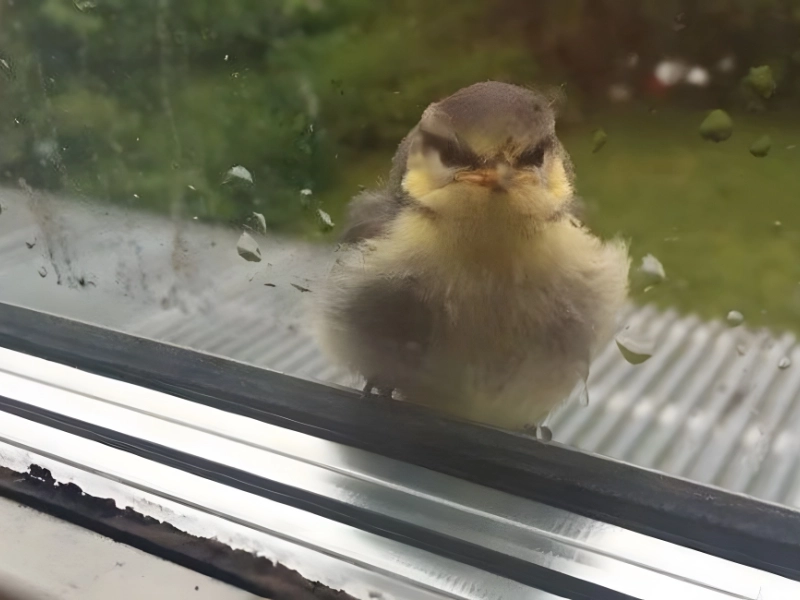
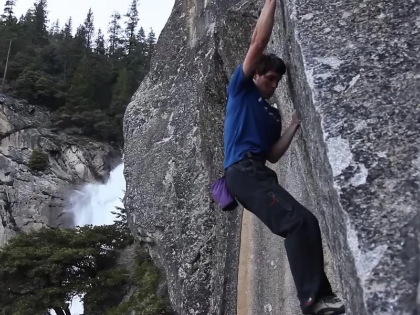


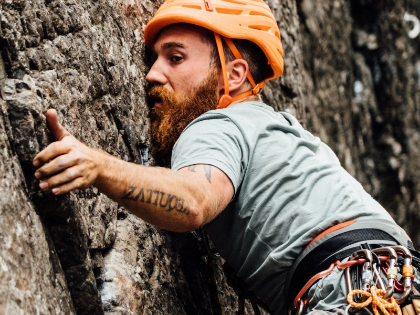
Friendly to progressive enhancement.
Provides audit-friendly traceability.
Offers traceable rationale breadcrumbs.